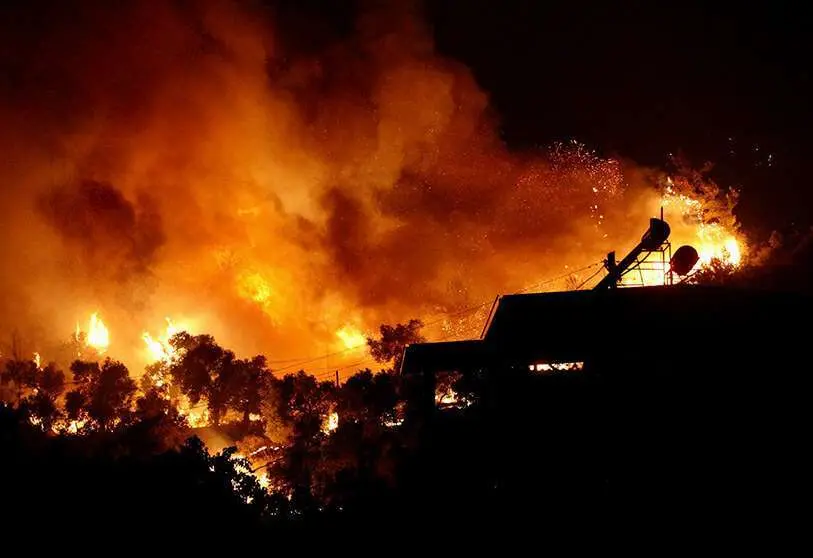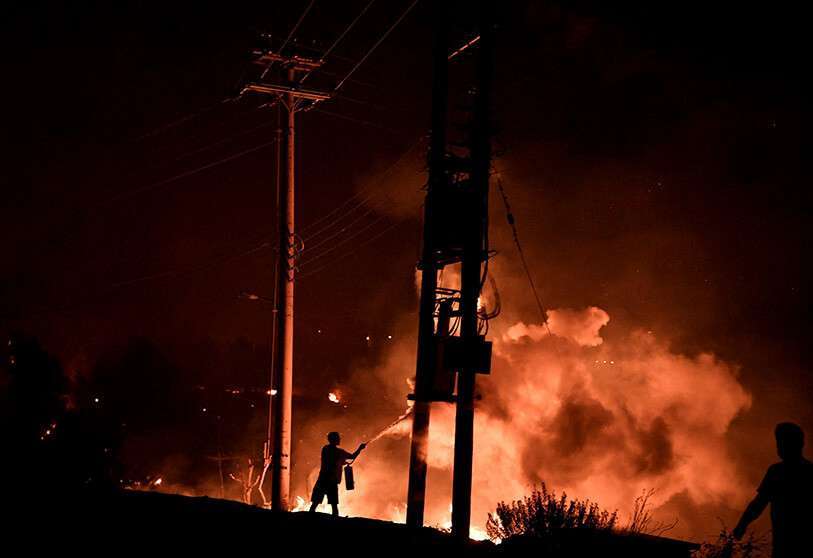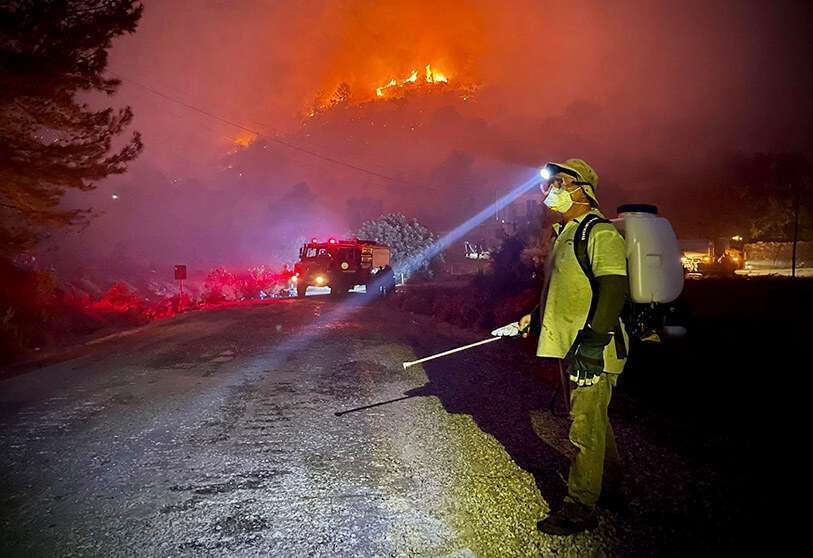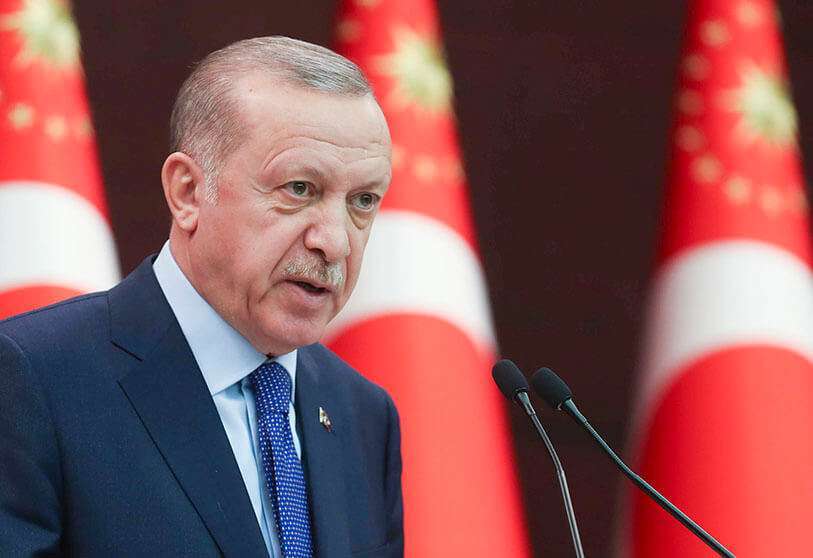Turkey devastated by bad weather amid criticism of government's handling of disasters

Turkey is suffering a tough summer of 2021. After being hit hard by the COVID-19 health crisis, the Eurasian nation is now suffering the effects of various climate problems to which the country led by President Recep Tayyip Erdogan does not seem to find effective solutions, receiving criticism for its management and inaction.
Climate change-related problems such as heavy floods, droughts and worrying forest fires are plaguing the Ottoman country and there are calls for effective action by the Ottoman government.
Up to ten people have died since the end of July, according to official figures, in the regions near the coast in southern Turkey due to forest fires that have destroyed forests and enclaves in the region.
Turkish authorities have been accused of being unprepared to combat the threat of the blaze, which has caused at least the ten deaths.
Turkish leaders battling the worst forest fires in history have been singled out for failing to stop the threat after official data showed they spent only a fraction of the already reduced funds budgeted to prevent forest fires this year.

The agency in charge of Turkish state forestry affairs said less than two per cent of the 200 million liras ($24 million) set aside for fighting forest fires had been spent in the first half of the year.
"The budget was planned as if there were not going to be any fires," said opposition Republican People's Party (CHP) deputy Murat Emir. "These figures show why there has been no effective intervention against the fires," Murat Emir told parliament.
In fact, Turkey had to resort to planes and helicopters from Spain, Ukraine, Croatia and Azerbaijan to extinguish the fires, according to La Razón.
Meanwhile, the floods in the northeast followed a period of severe drought that caused the water level in the dams to drop to alarming levels. This is affecting field irrigation and agriculture in general. Here, the Turkish authorities have also been singled out for mismanagement of water resources.
Drought is posing a serious problem, with Turkey recording its highest temperature since 1961 last month at 49.1 degrees Celsius (120.4 Fahrenheit) in the southeastern city of Cizre. Analysts say this will continue to be a major concern for the Eurasian nation.

Also of note are the problems of the so-called viscous mucus in the Sea of Marmara, which is seriously affecting marine life.
The Turkish government has been heavily criticised for not dealing effectively with the effects linked to climate change. A problem with the climate that is increasing sea temperatures, as was made clear in the latest report on the issue by the United Nations, which pointed to human action as a key factor in the ill effects of climate change, which is developing faster than estimated. The Mediterranean is being seriously affected by rising sea temperatures and global warming, and Turkey is no exception.
In the face of all these problems, several experts point out that environmental problems are among the issues that the Turkish government has not yet tackled as well as it should. They criticise the fact that Turkey has not been involved in the ratification of the 2015 Paris Agreement, adopted by 196 countries, which agreed to take measures to protect the environment in order to reduce global warming. Turkey is one of only six nations, including Iraq and Libya, that have not yet formally approved the agreement, as the AFP news agency recalled.
"This is the first step. We must be part of the global fight against climate change," said Turkish Green Party spokeswoman Emine Ozkan. "There is no time to lose," Ozkan said, quoted by AFP.
"The government supposedly recognises climate change, but does not take the initiative to look at the real problems that cause it," Ozkan said.

For its part, Ankara argues that the Paris Agreement unfairly categorises Turkey as a 'developed' rather than a 'developing' nation, depriving it of better funding to tackle climate change. This argument is no excuse for various experts on the issue.
"I don't see Turkey as having a comprehensive climate change policy that addresses everything in an interconnected way," said water and climate policy researcher Gokce Sencan, as quoted by France 24.
Popular concern for the environment is growing; in fact, a recent survey showed that 70 per cent of Turks are very concerned about the climate issue.








